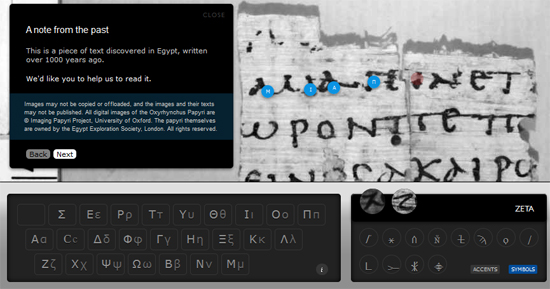
by Aaron Colter

At the time of writing this, protesters in lower Manhattan have been occupying public spaces for five days now. Over the weekend, the ranks of marchers swelled to over 5,000, but only around 200 seem to be holding down the area on a regular basis, with a handful arrested each day in Zuccotti Park, formerly known as Liberty Plaza until a real estate company and architecture firm donated $8 million to renovate the area and rename the public space. Fitting, is it not?
First proposed by Adbusters, I covered #OccupyWallStreet and reasons why the movement was valid earlier this month. Although AdBusters gained a huge boost in notoriety when members of Anonymous decided to throw support behind the protest, the magazine fell short of the 20,000 strong army it called for to take to the streets.
It’s pretty easy to understand why there aren’t more people in the parks in New York City right now – we’re broke and busy. Whether keeping workers in America right on the edge of poverty to quell uprisings is a reality or a radical conspiracy doesn’t matter, the fact is that, socially, there is huge online support for the protests, but very few bodies taking action.
Why? Probably because getting to one of the most expensive cities in the world and taking two months off of work to write on cardboard signs and chant slogans would be financially devastating to millions who may otherwise come out for an afternoon rally. Lupe Fiasco and Roseanne Barr, who restated her run for President to protestors, might be some of the only people talking about the #OccupyWallStreet protest on a regular basis who can afford to take time off from grinding out a living each day.
Just as law enforcement officials enacted an obscure law from long ago to arrest protestors in Toronto for the G20 demonstrations, the NYPD has been arresting individuals covering their faces, specifically with V for Vendetta masks, under an ordinance that originally sought to stop a peasant farmer revolt.
You can watch a live steam of the protests on the AnonOps Blog. I just watched another protestor be arrested as people chanted “The whole world is watching!” But as reporter Will Bunch pointed out, many mainstream news sources have been rather quiet about the events happening in New York.
Tensions are running high as the police and protestors continue a dangerous game, walking a tightrope between out-of-control riots and peaceful demonstrations. The impending execution of Troy Davis in Georgia this week, as well as Yahoo flagging outgoing emails which referenced ‘occupywallst.org’ as spam, have caused further anger among protesters who see, real or imaginary, forces working against their efforts to be heard.
In some ways #OccupyWallStreet is a failure. I suspect more and more people will be arrested, and if the police are smart, they will do it in the most peaceful way possible, slowly, day by day, until the core of the group is hollowed out and the remaining protestors give up and go home. Because the numbers of demonstrators is so low, and fluctuates so wildly depending on the time of day, this tactic could very well work. If, however, police become more violent, or if protestors can find a catalyst for broad public appeal, more and more people could start to flood into Manhattan from Brooklyn and outlying areas – those who are right on the cusp of heading down to Liberty Plaza.
However, in other ways #OccupyWallStreet is already a win. It’s shown that the youth are no longer afraid to take to the streets, and while we may be more likely to post on Twitter than we are to dress up as a comic book character and mock cops, there are some of us who are not afraid. But if this movement is to be successful, we must have a long view. Look at what the Pirate Party just accomplished in Berlin.
No matter what happens this week, at least some people in America and around the world know there are still some bold enough to go to jail for what they believe (and others who are willing to order pizza for them while they await arrest), and that spark, that idea, can be used to mold the next generation to become freer and fairer than the last.
To watch what is happening in New York, follow the search trend #OccupyWallStreet on Twitter and visit OccupyWallSt.org.











